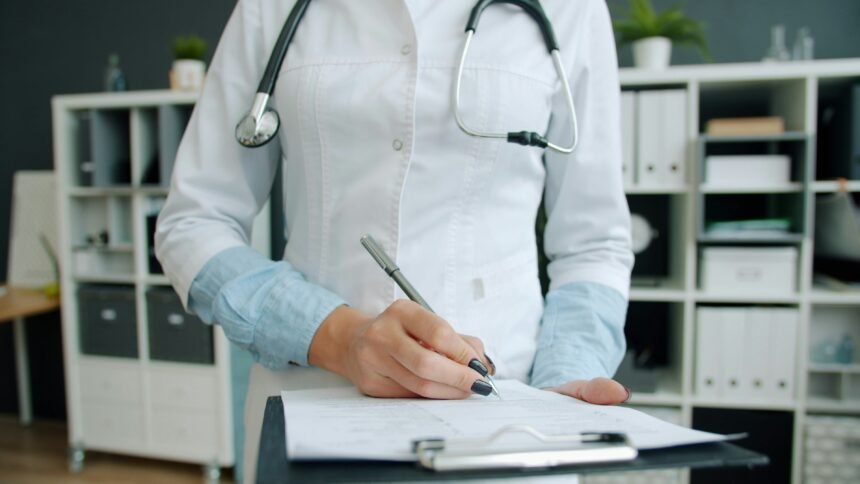Accidents are more than simple mishaps. Their effects can be devastating and life-changing, depending on the intensity of bodily and mental damage you suffer. If you’re involved in an accident while at work, on the road, or in a public place, it’s highly likely that you’ll prioritize your recovery while overlooking document keeping.
However, medical documentation is just as important as it creates a record of all you went through, your healing process, and how long you were impaired. While in recovery, you must keep your hospital reports, test results, doctors’ notes, prescriptions, bills, treatment plans, and all associated documents. Let’s discuss the benefits of personal medical record-keeping.
Tracking Your Recovery Progress
The documentation process begins right after your accident. From your first X-ray and consultation session up until you regain full recovery. Notes and reports from a doctor appointment app can help you confirm whether there is an improvement in your condition.
If the treatments aren’t working, your health care providers can make adjustments or curate a new treatment plan for you. A medical timeline can also be a source of encouragement in phases where your recovery is slow. Besides, it provides a full health history, which you can refer to for background details if you start seeing another specialist.
Strengthening Your Insurance Claim
Insurance companies make money from the premiums they charge. So to maximize profit and protect their interests, they avoid compensating accident victims who lack sufficient proof. Hence, they request details to verify what caused the accident, how serious your injuries are, and the resulting financial expenses.
A collection of the doctor’s initial evaluation, emergency room report, diagnostics, hospital bills, and receipts serves as concrete proof. With these, it’ll be difficult for insurers to blame your medical state on pre-existing conditions or deny your claim.
Providing Proof in Legal Disputes
You may want to file a lawsuit after an accident caused by someone else’s negligence if their insurance company refuses to compensate you, underpays, or delays your claims. In these cases, courts often require medical proof of pain, suffering, and a reduction in the quality of your life.
A Fort Lauderdale Personal Injury Lawyer – Blakeley Law Firm can use your medical documents to show how severe your condition is and prove that your claims are legitimate. As a result, it will be difficult for the counterparty to dispute your injuries.
Preventing Misdiagnosis and Complications
Hospitals store your medical records, but in the event of a switch, the officials transfer them after you sign a release form. Since this process may not be immediate, having your personal records enables continuity of care. Presenting these records when you visit a different hospital or specialist enables them to spot details that signal underlying issues.
With a proper understanding of your conditions, healthcare providers will be able to detect all issues. For example, an Xeiropraktis can spot overlooked nerve damage after reviewing previous X-ray results. Doctors also use your health history to determine the right drugs that won’t trigger detrimental side effects.
Endnote
If you get involved in an accident, remember to collect and store copies of all medical records. These documents will help you to monitor your recovery, support your insurance claim, and prove your case in court. It will also equip your future healthcare providers with all the information they need to help you recover.









